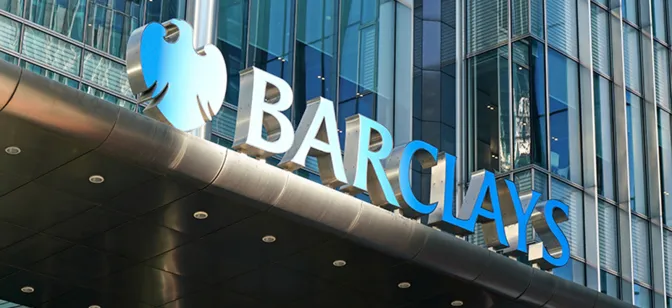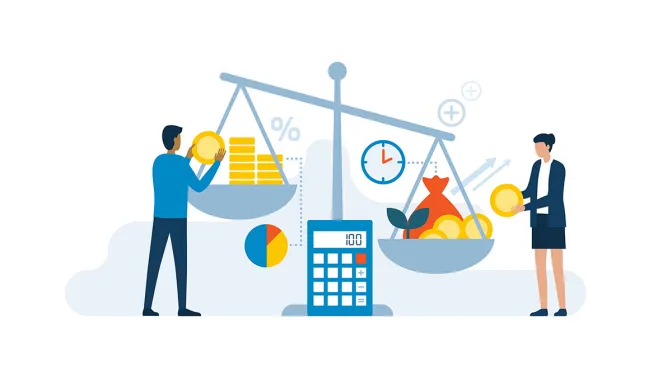The Story Behind Recent Regional Bank Failures
Since March, two regional banks – Silicon Valley Bank and Signature Bank – have failed. Earlier this month, a third regional bank, First Republic, was on the brink of collapse before the government took control and sold it to JP Morgan Chase. Then there were questions about the stability of a fourth regional bank, PacWest Bancorp, which has appeared to weather the storm.
While the regional banking system remains uncertain, Silicon Valley Bank and Signature Bank executives testified on their banks’ failures before the Senate last week.
To get a better understanding of the current turmoil the regional banking system is facing, Drexel News Blog spoke with Gregory Nini, PhD, associate professor of finance in the LeBow College of Business and expert on financial institutions, corporate finance and capital markets. He explains why banks have been failing and the hope for stabilization.
Why did Silicon Valley Bank and Signature Bank fail?
Banks face two types of risk that have both materialized over the last year. First, the sharp rise in interest rates caused a fall in the value of the assets that banks own. Banks made a lot of mortgages at interest rates below 4%, and when mortgage rates increased to nearly 7%, those previously granted mortgages became worth considerably less. This has caused the stock prices of many banks to decrease.
Second, banks face the risk that many of their depositors withdraw their money at the same time. Since banks only have limited access to cash, banks can be unable to meet these redemptions. Ultimately, the inability to meet customers’ withdrawals causes a bank to fail.



